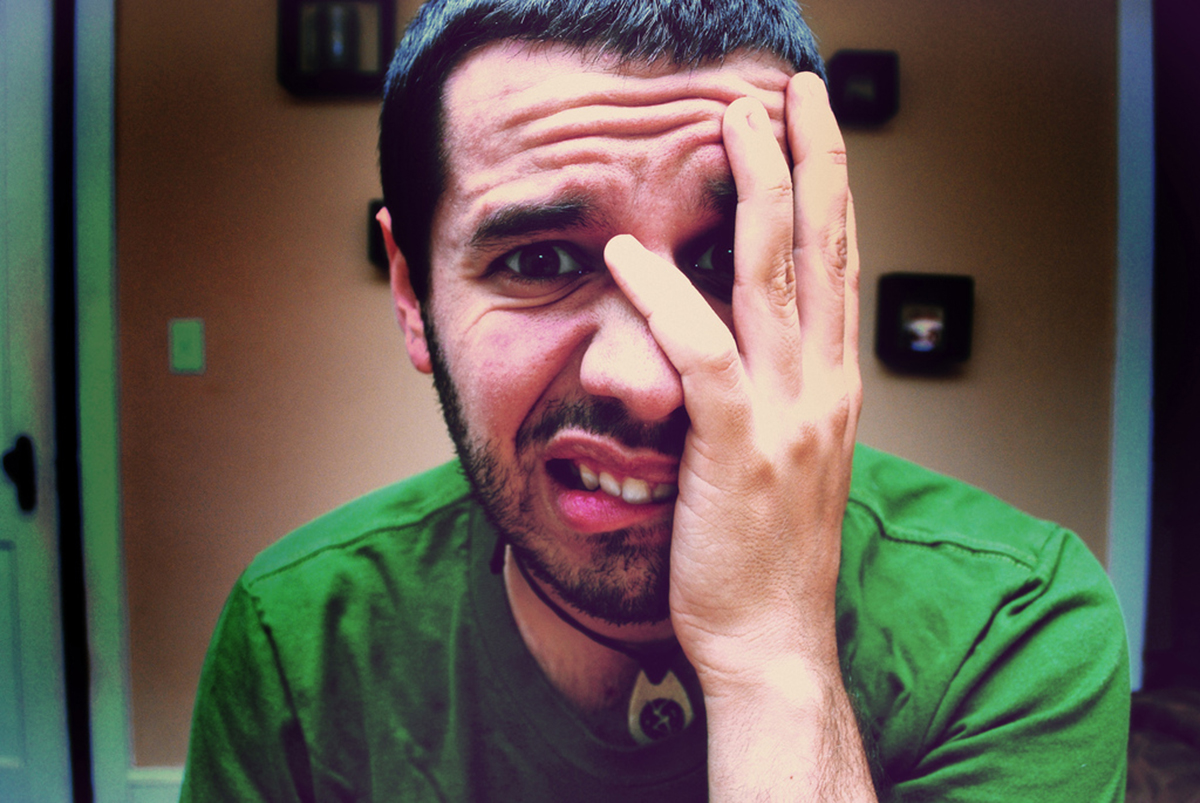Table of Contents
A bowel movement normally occurs due to the interactions and feedback responses of the muscles and nerves found in the anus and rectum. This is a very complex system. Fecal incontinence, also known as bowel incontinence, occurs when an individual is unable to control his normal bowel movement.
This causes feces to continuously leak from the rectum, and may be extremely distressful and embarrassing. This leakage can occur occasionally when passing gas or it may be a total loss of bowel control.

Losing control of one’s bowel movements can be highly shameful and embarrassing, resulting in frustration, depression and even anger.
Fecal incontinence can develop at any age. However, it is more common in small children and in women, particularly those who are middle-aged or older than 40 years old.
Common Causes Of Fecal Incontinence
Fecal incontinence is a symptom, not a disorder. There is always an underlying reason that is causing the feces to unexpectedly leak out from the body. Various factors may cause fecal incontinence but the most common causes include the following:
Chronic constipation
Chronic constipation occurs when impacted (hard) stool that is too hard to pass remains in the rectum for prolonged periods. Because of this constant impaction, the intestinal and rectal muscles, and at times certain nerves, become weak and damaged respectively. This ultimately causes watery and loose feces from upper regions of the digestive tract to move around the hardened stool and leak through.
Diarrhea
Diarrhea is one of the major causes of fecal incontinence. For people suffering from slight incontinence, developing diarrhea (loose stools) can worsen the leakage.
Rectal Scarring or Stiffness
The rectum may be damaged due to inflammatory bowel diseases or radiation treatments. These conditions can cause muscles in the rectal walls to become stiff or damaged, reducing its capacity to stretch and store adequate amounts of feces.
Destruction or Weakening of Sphincter Muscles
Sphincter muscles play a vital role in the control of bowel movements. Weakening or injury to anal sphincters, commonly after certain complications during childbirth, may also cause fecal incontinence.
Damage to Nerves
If the nerves that sense the presence of stool in the rectum, or those, which control the relaxation reflexes of the anal sphincters are damaged, bowel control will be lost. This can occur due to multiple reasons, including certain diseases (multiple sclerosis, diabetes), medical conditions (stroke, spinal cord injury, spina bifida) and physical straining during defecation.
Surgery
A hemorrhoidectomy, as well as other operations involving the rectal and anal areas may result in muscular or nervous damage.
Other causes
Conditions such as dementia, late-stage Alzheimer’s disease, rectal prolapse (rectum extended into the anus) and rectocele (rectum protruding into the vagina) may also cause fecal incontinence.
See Also: How To Deal With Irritable Bowel Syndrome
Related Symptoms
It is not surprising to have some other symptoms along with fecal incontinence. Other problems associated with the bowel may also accompany this disorder. Abdominal distention and bloating is one of the most common associated symptoms. Occasional fecal incontinence may simply cause soiling of the undergarments. However, in cases of a more severe lack of bowel control, the symptoms are more distressing. These include:
- Anal itching
- Skin infections, such as lesions and ulcers (of the anal area)
- Photo courtesy of B Rosen via Flickr: www.flickr.com/photos/rosengrant/3847862890
- Photo courtesy of SCA Svenska Cellulosa Aktiebolaget via Flickr: www.flickr.com/photos/hygienematters/5663277413
- www.mayoclinic.org/diseases-conditions/fecal-incontinence/basics/definition/con-20034575
- http://www.medicinenet.com/fecal_incontinence/article.htm


Your thoughts on this